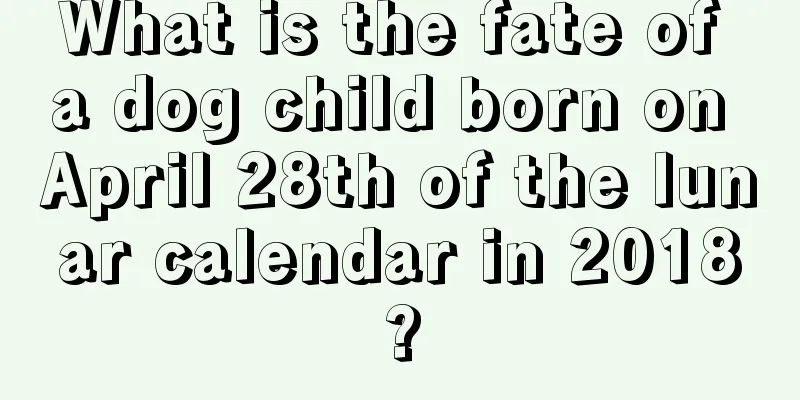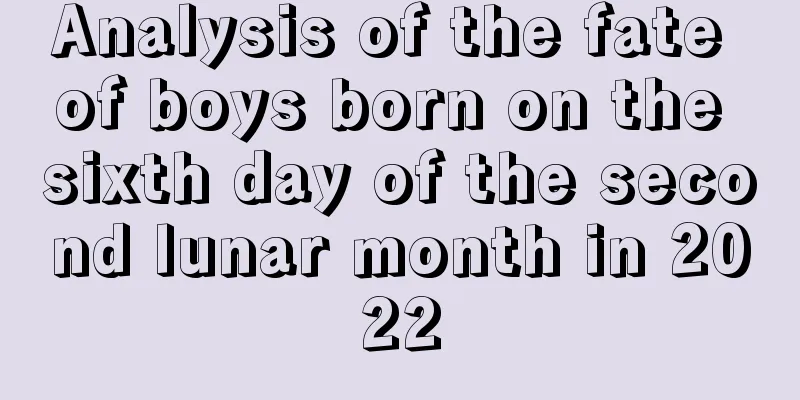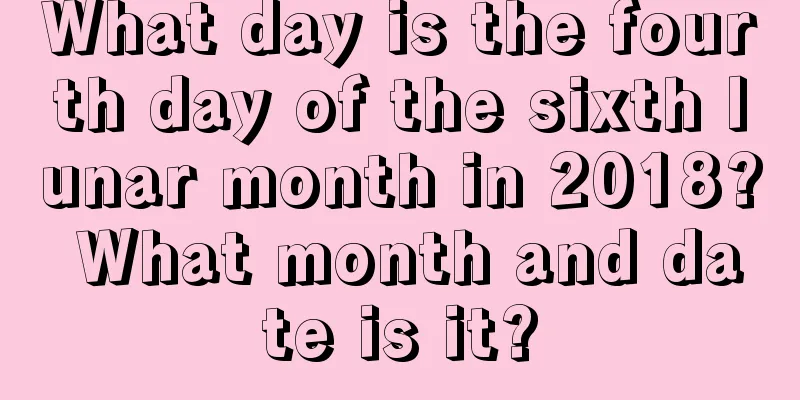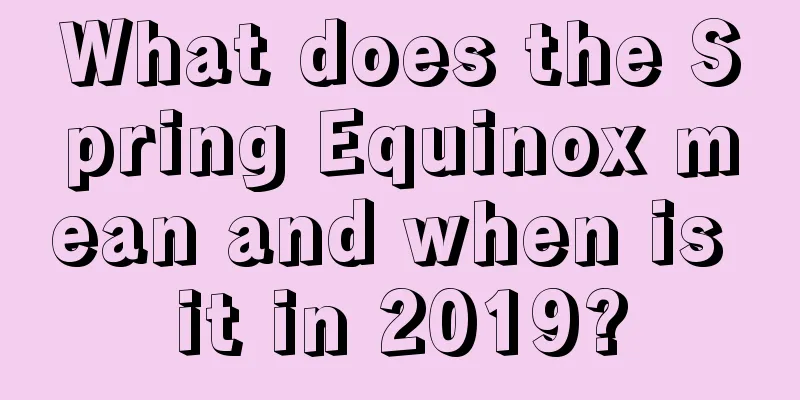What is the difference between the Southern and Northern Xiaonian?

Our country is a vast country with abundant resources. Often the same festival is celebrated differently in different regions. So what is the difference between the Little New Year in the south and the Little New Year in the north? Time has unknowingly come to the end of the year. Fortune Teller.com has prepared some information about the 2018 Chinese New Year's Eve. Click in to learn more!What is the difference between the Southern and Northern Xiaonian?The day of the New Year in the north is the 23rd, and in the south it is the 24th. Xiaonian, which falls on the 23rd or 24th day of the twelfth lunar month every year, marks the beginning of the entire Spring Festival celebrations in China.There are two main customs: (1) Sweeping the house (2) Sweeping the house during the Kitchen God Festival is actually cleaning the household environment. Northerners regard the 23rd day of the twelfth lunar month as the Minor New Year, which is called "sweeping the house"; Southerners regard the 24th day of the twelfth lunar month as the Minor New Year, which is called "dusting". On this day, every household gets up at dawn, sweeps the house, cleans the windows, washes clothes, scrubs the pots and pans, and carries out a thorough cleaning. A few days before the Little New Year, every family cleans their house to prevent the Kitchen God from taking the dirt away. According to "Shiyi Ji", this custom can be traced back to more than 3,000 years ago, when it was a religious ceremony for the Han ancestors to drive away plague ghosts and pray for health. The latter word "chen" is homophonic with "chen", so sweeping the dust means sweeping away all the old things, which refers to both the old dirt in the courtyard and the unpleasantness encountered in the old year. Offering sacrifices to the Kitchen God means sending the Kitchen God to heaven, so the Little New Year is also called the Kitchen God Festival. The Kitchen God worship ceremony is usually held at night. When offering sacrifices to the Kitchen God, the worshiper kneels in front of the Kitchen God statue and holds a rooster in his arms. Some people also let children hold a chicken and kneel behind adults. It is said that the chicken is the horse that the Kitchen God rides on when he ascends to heaven, so the chicken is not called a chicken but a horse. If it is a red rooster, it is commonly known as "red horse", and if it is a white rooster, it is commonly known as "white horse". After burning incense, the house is filled with smoke, full of mystery. The male host poured the wine, kowtowed, and muttered something. After finishing reading, the person offering sacrifices to the Kitchen God shouts “Ling”! Then Tian held the wine and poured it on the chicken's head. If the chicken's head flutters with a sound, it means the Kitchen God has appreciated your kindness. If the chicken head does not move at all, you need to water it again. |
<<: Is the 25th day of the 12th lunar month in 2017 a suitable date for offering sacrifices?
Recommend
What fruits are good for health during the Autumnal Equinox? Why do we eat eggs during the Autumnal Equinox?
If you want to maintain your health, it is not eno...
The lunar calendar for August 14, 2018, is it a good day?
It is the eighth month of the lunar calendar, the...
Is it appropriate to start renovation on October 18th of the lunar calendar in 2017?
Introduction: Decoration is now something that eve...
Is it suitable to pray and worship on the day before the Lesser Heat solar term on the fourth day of the sixth lunar month in 2019?
Introduction: Burning incense and praying for bles...
Do boys born on the 15th day of the 10th lunar month have good personalities? What is fate?
Introduction: Children born on different days have...
Is it a good idea to get engaged the day after the 2020 Winter Solstice? Can you see the Aurora in Mohe during the Winter Solstice?
Introduction: It is also necessary to choose an au...
Is April 24th of the lunar calendar 2021 a good day? Can I decorate my new house?
There are certain requirements and precautions for...
How is the tenth day of the first lunar month in 2018? What are the taboos at different hours?
Introduction: There are good days and bad days, an...
Is it a good idea to pick up the car on November 30, 2017?
Winter months are cold, but when everything goes ...
Lunar October 2018 auspicious days for marriage
The tenth month of the lunar calendar, the tenth m...
What is the zodiac sign for people born in March of the lunar calendar in 2020? What are the characteristics of this zodiac sign?
Introduction: Many new lives will be born in the t...
What day is the second day of the first lunar month in 2020? Why do we worship the God of Wealth on the second day of the first lunar month?
Introduction: The second day of the first lunar mo...
Detailed explanation of the position of the God of Happiness on the 14th day of the 9th lunar month in 2020
Detailed explanation of the direction of the God ...
Is the fate of people born on October 8, the Cold Dew solar term, good for the monkeys?
Is the fate of people born on October 8, the Cold ...
What day is the 28th day of the twelfth lunar month in 2019? Check the auspiciousness and inauspiciousness of the hour today!
Introduction: Different days unfold in different w...









